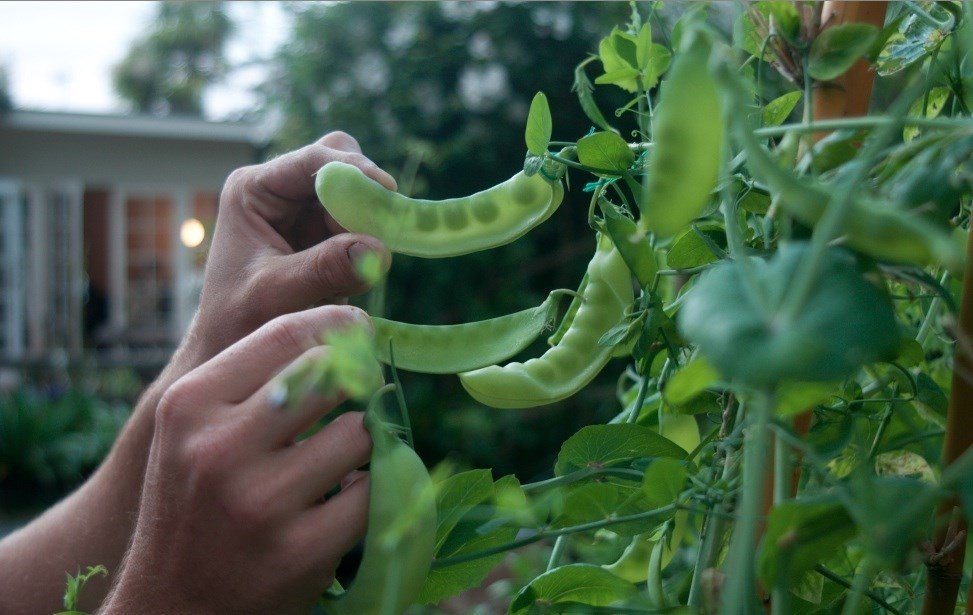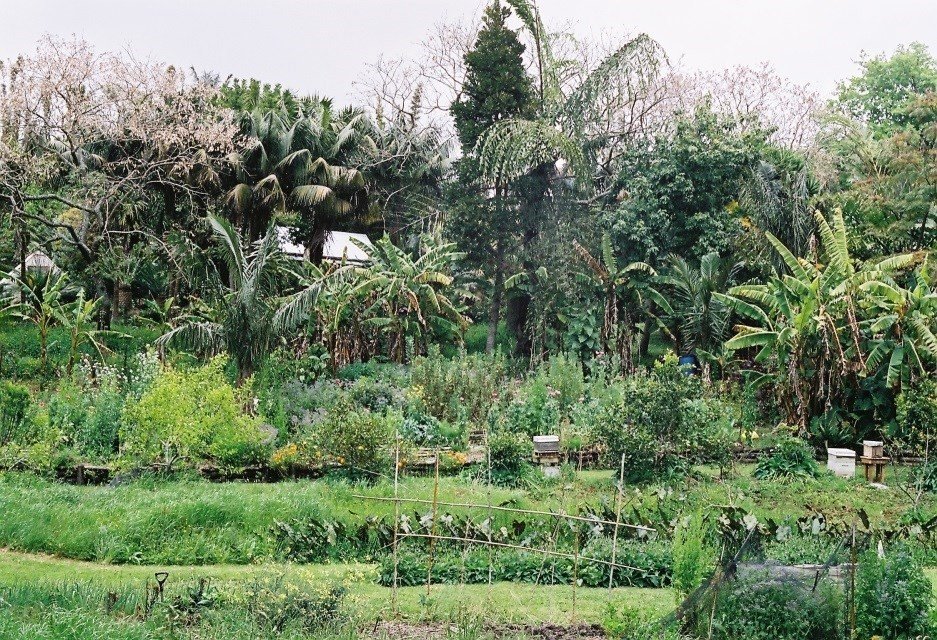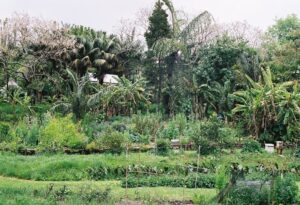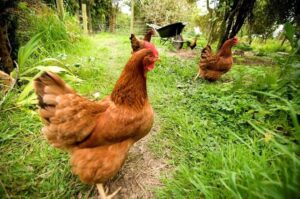GE/GM
Genetic engineering (GE), also known as genetic modification (GM), is one of the most controversial technologies of recent times. Soil & Health has found no economic, health or environmental benefits from GE. There is great uncertainty around the adverse effects of GMOs (genetically modified organisms) on natural resources, ecosystems and also on human health. The risks are large and consequences could be irreversible. If GMOs were to be released into the environment, they can be very difficult, if not impossible, to eradicate. The GE-free food producer status of an individual, district or region would likely be permanently lost, along with any marketing advantages that status provides.
Current laws are inadequate to hold GMO users liable for any adverse consequences, intended or even if unintended. Therefore the public is likely to have to pay for anything that might go wrong.
The Soil & Health Association is opposed to the use of GE ingredients and GMOs in human and animal food, and is opposed to the outdoor use of any GE crops, animals and other organisms in Aotearoa New Zealand. We believe that we would do better for our farmers, environment and human health by retaining our market advantage of being GE free.
We support:
- New Zealand remaining a GE-free country.
- The establishment of GE-free regions, in the event of there being no Aotearoa New Zealand wide GE-free strategy.
- Mandatory and comprehensive labelling for any products containing GE ingredients (including products from animals fed GE feed).
- The precautionary principle and the imposition of strict conditions and severe penalties must be placed on any research and trialling of GE.
- A ban on field-testing and production of GE crops, animals, trees and other organisms in New Zealand.
- A ban of all GE food and animal feed imports into Aotearoa New Zealand.
- Strong precautionary approach to new/novel technologies.

Photo credit: Nick Holmes




